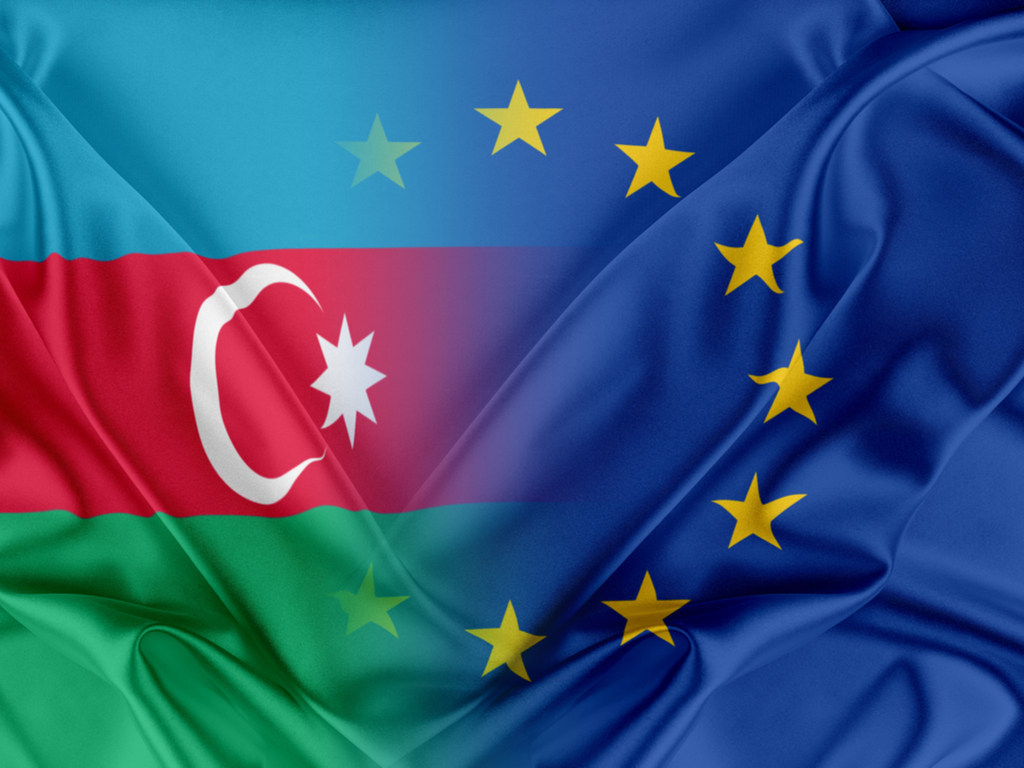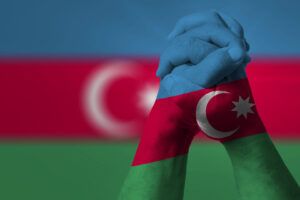Gubad Ibadoghlu, Senior Policy Analyst of Economic Research Center (Baku, Azerbaijan), Senior Visiting Scholar at Center for European Studies of Rutgers University, NJ, USA
The European Parliament intends to call for the creation of a new common economic space between the EU and the countries of the Eastern Partnership, according to a draft report leaked in April. The move aims at “gradual integration” of the EaP countries to the bloc. StrategEast has asked leading non-governmental organizations and experts from Eastern Partnership countries to find out what are the implications of such a move for each country’s economy. Here are the answers from the expert on Azerbaijan.
How well is your country prepared for such integration?
High oil and gas prices in the run-up to the pandemic have never made such initiatives attractive for the Government of Azerbaijan, except integration to the EU’s energy union. Therefore, question the accelerate of integration to the EU market was not on the list. However, after the fall in oil prices on the world market, the economic interest of the Azerbaijani government in such initiatives will increase, because there are no other alternatives for the modernization of the economy and producing new and competitive products. Therefore, I think that in the post-pandemic period, Azerbaijan’s interest in participating in such economic initiatives will increase due to the involvement of foreign direct investment and increase benefit from integration. At the same time, common economic space can also be an alternative to Azerbaijan’s delayed accession of WTO. The integration of energy market, transport community, and single digital market, as well as telecommunications, can be one of the possibilities of gradual integration to the EU market for Azerbaijan.
In what areas is your country’s leadership ready to maximize economic integration with the EU: in universalizing economic legislation, in removing customs barriers, in creating a single labor market?
Unfortunately, Azerbaijan has no other competitive export product rather than oil and gas to bring to the European market. These products have always been easy access to the European market. Due to the low competitiveness of the non-oil and gas export sector, it will not lead to significant changes in cooperation in the context of common economic space. This initiative could have an impact on the export of European technologies and innovations to the Eastern Partnership countries, as well as Azerbaijan. This can be considered especially important for the post-pandemic period.
Azerbaijan, as a non-WTO member needs more cooperation in the context of universalization and unification of economic legislation. There are no customs barriers to oil and gas resources in Europe. Therefore, it does not make sense for Azerbaijan to remove customs barriers in the EU’s energy market. As for creating a single labor market, this does not seem realistic after the pandemic, as the 7.4 percent decline in Europe itself will create tension in this market.
How would the possible “common economic space” be affected by the fact that in the Eastern Partnership, there are both countries aimed at EU membership, such as Ukraine, and there are also those that directly deny this possibility as Belarus?
The pandemic will put the economies of the Eastern Partnership countries in a similar position. In this case, economic behavior will change. First of all, common economic space will increase the attractiveness of Ukraine, as more integrated, and for Belarus, as less embedded in the post-pandemic period concerning the recovering economy as soon as possible. This initiative can increase the economic benefits for all EaP countries because all of them demand new technology and capital.
And finally, how would the common economic space with the EU be affected by the membership of some EaP countries in the Eurasian Economic Community led by Russia?
The Eurasian Economic Community led by Russia is more of a political union, rather than an economic. The change of position on membership in this union depends only on the political process in Russia. Due to the increased cost of recession, it will be not easy for Russia to become a leader in the Eurasian region this year as they usually do. Therefore, the strengthening of the common economic space integration may negatively affect the participation of Armenia and Belarus in the Russian-led union. However, it will mostly depend on how Russia emerges from the crisis and less on the newly established common economic space.




